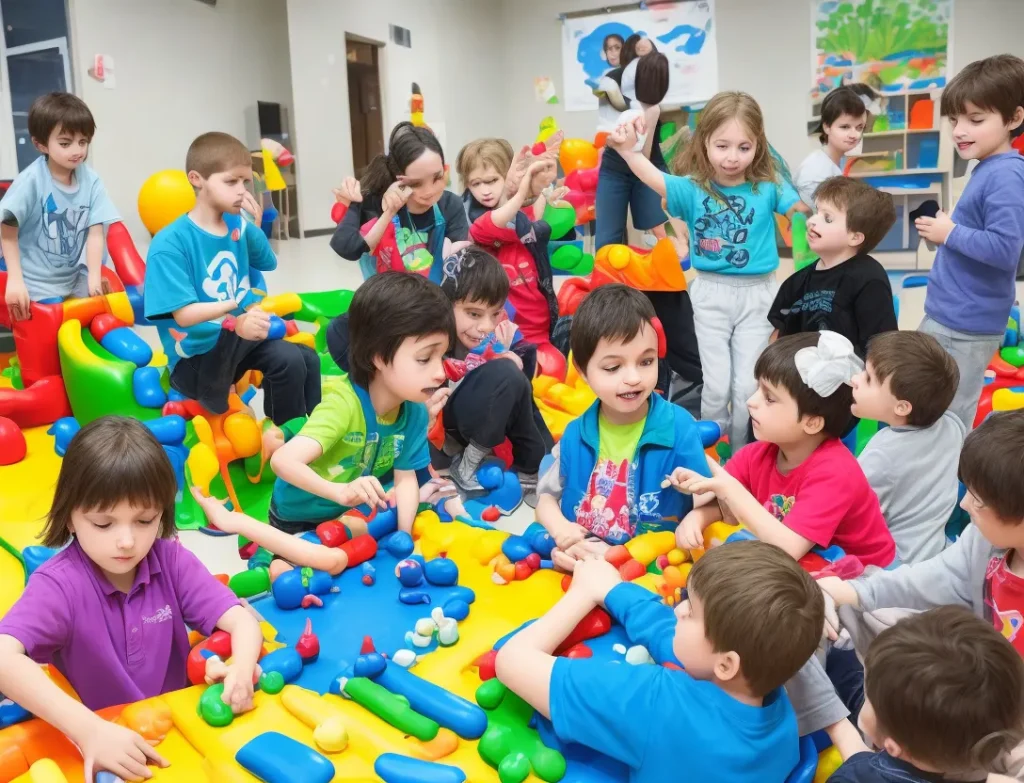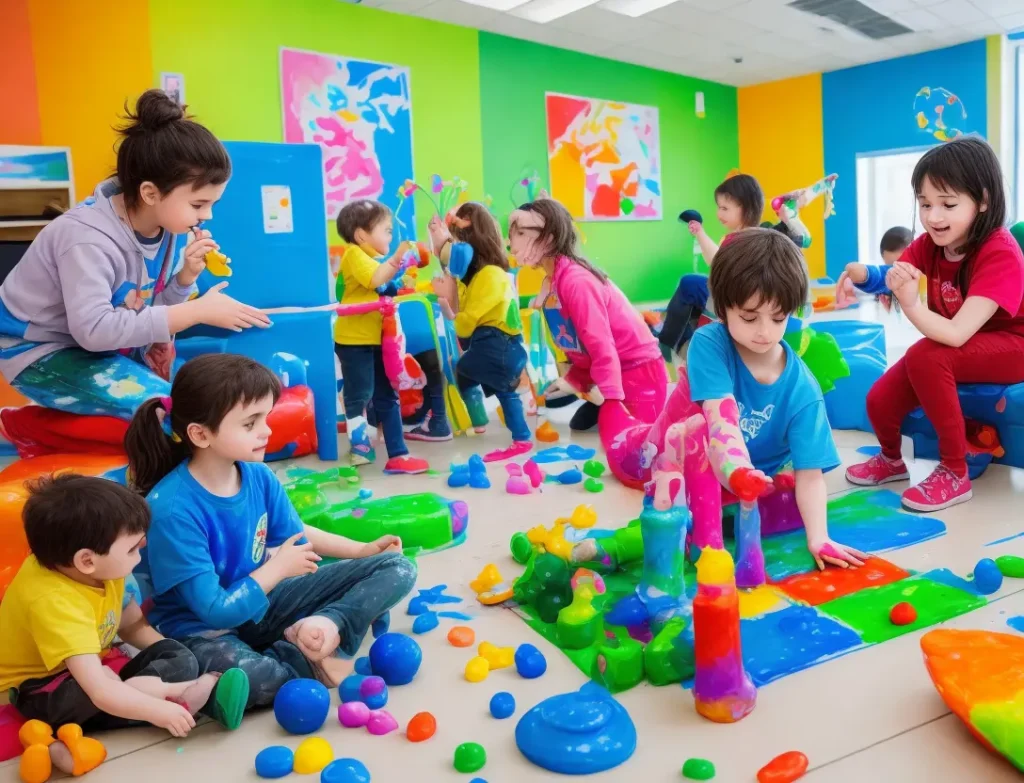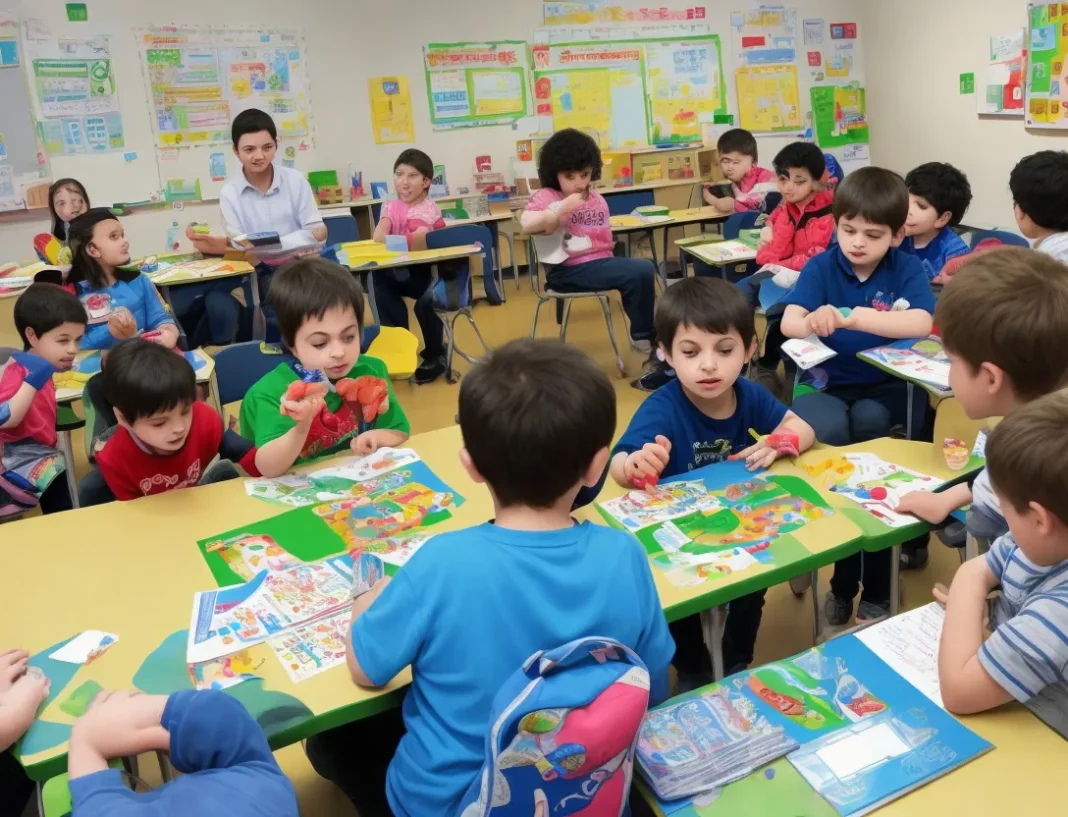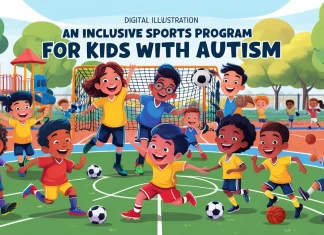A Guide for Parents and Caregivers
Autism spectrum disorder (ASD) is a neurodevelopmental condition that affects communication, social interaction, and behavior. As parents and caregivers, understanding how to manage the behavior of kids with autism is crucial for their overall development and well-being. In this article, we’ll explore various strategies and techniques to effectively handle kids with autism, providing them with the support and environment they need to thrive.
Understanding Autism
Autism is a complex disorder that manifests in various ways, making each individual unique. It is characterized by challenges in social communication, repetitive behaviors, and restricted interests. As parents and caregivers, it’s essential to recognize these traits and be aware of the diverse needs of autistic kids.
The Importance of Behavior Management

Proper Kids autism behavior management plays a pivotal role in helping kids with autism lead fulfilling lives. By addressing their behavior challenges, we can enhance their ability to interact with others, engage in daily activities, and improve their overall quality of life.
Early Signs and Diagnosis
Identifying autism in kids at an early age is crucial for early intervention. Look for signs such as delayed speech, difficulty in making eye contact, repetitive movements, and sensitivity to sensory stimuli. If you suspect autism, consult a healthcare professional for a comprehensive evaluation.
Approaches to Behavior Management
Various therapies and interventions can assist in managing the behavior of kids with autism. Two widely used approaches are Applied Behavior Analysis (ABA) and Positive Behavior Support (PBS).
Applied Behavior Analysis (ABA)
ABA is a structured therapy that focuses on reinforcing positive behaviors while reducing challenging ones. It relies on data-driven techniques to bring about significant behavioral improvements and enhance learning capabilities in autistic kids.
Positive Behavior Support (PBS)
PBS aims to create a supportive environment that encourages positive behavior through understanding and addressing the root causes of challenging behaviors. It emphasizes proactive strategies and collaboration among caregivers, educators, and therapists.
Communication Techniques
Effective communication is fundamental in helping autistic kids express themselves and understand others. Implement visual aids, social stories, and assistive technology to facilitate communication and improve social interactions.
Parental Involvement
Parents and caregivers play a crucial role in Kids autism behavior management. Collaborate with therapists and educators to develop consistent strategies both at home and in educational settings.
Creating Supportive Environments
Both home and school environments should be tailored to support autistic kids. Create structured routines and provide sensory-friendly spaces to minimize potential triggers and encourage positive behaviors.
Developing Social Skills

Nurturing social skills is essential for autistic kids to form meaningful connections and build friendships.
Encouraging Play and Friendships
Encourage interactive play and social engagement to help kids develop essential social skills. Organize playdates and foster relationships with peers who understand and support them.
Dealing with Challenging Behaviors
Challenging behaviors are common in autism. Develop strategies to address these behaviors positively, focusing on reinforcement and redirection rather than punishment.
Education and Inclusion

Supporting autistic kids in educational settings is crucial to their development and future success.
Individualized Education Plans
Individualized Education Plans (IEPs) ensure that autistic kids receive personalized education and support tailored to their specific needs.
Promoting Inclusive Settings
Promote inclusion in schools by raising awareness about autism and fostering a compassionate and understanding environment.
Emotional Support and Self-Care

Managing emotions is a significant challenge for autistic kids, and providing emotional support is vital.
Building Emotional Resilience
Teach coping skills and emotional regulation techniques to help kids build emotional resilience.
Self-Care for Caregivers
Taking care of caregivers’ well-being is essential in ensuring they can provide the best support to autistic kids.
Conclusion
Kids with autism can lead fulfilling lives with proper Kids autism behavior management and support. By understanding their unique needs, creating supportive environments, and fostering essential skills, parents and caregivers can make a positive impact on their development. Remember, every child is unique, so tailor strategies to suit individual requirements.
FAQs
Q1: Can autism be cured?
A1: There is no cure for autism, but early intervention and appropriate support can significantly improve a child’s development and quality of life.
Q2: How can I find the right therapist for my child?
A2: Look for therapists with experience in working with autistic kids and a strong understanding of evidence-based interventions like ABA.
Q3: What can I do to support my child’s sensory needs?
A3: Create sensory-friendly spaces, offer comforting objects, and allow breaks to manage sensory challenges.
Q4: Is it beneficial to involve siblings in behavior management?
A4: Yes, involving siblings can foster understanding and empathy, creating a more supportive family environment.
Q5: How do I handle meltdowns in public places?
A5: Remain calm, remove the child from the overwhelming environment if possible, and use calming techniques like deep breathing or offering comfort items



























